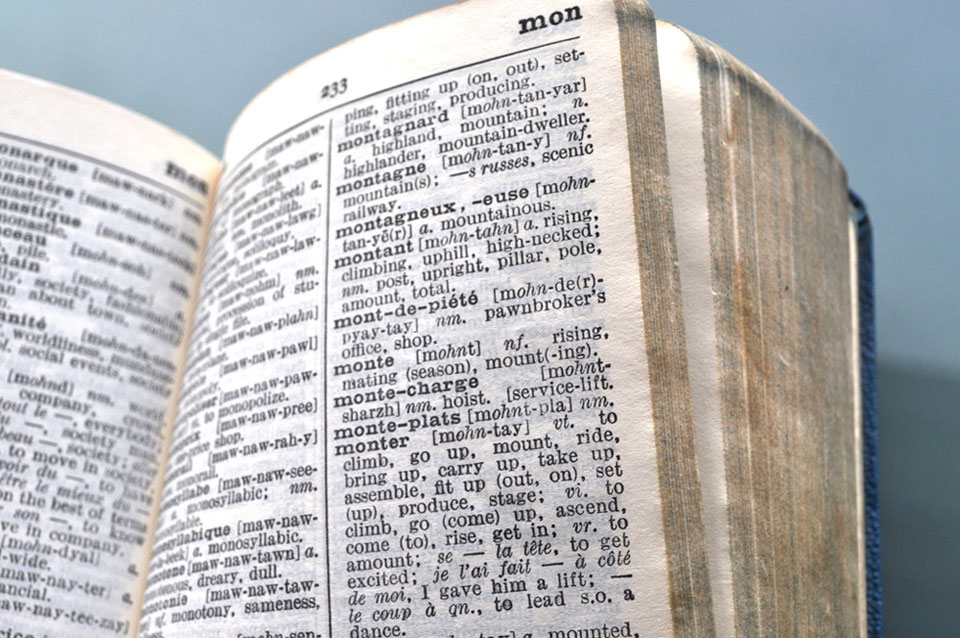If you compare the ratio to how many words there are in a language, to how many days in a year, you’ll realize that it’s a little off. If you were to allocate one word only, for each day, it would take a long time to learn a language. Luckily, it is pretty obvious that this isn’t the only way to learn a language. Although, if you were to add this strategy on top of lessons, tutoring or self learning it helps a significant amount. Why? Well, the mentality of doing something everyday, combined with the focus on the content of what you’re learning works wonders.
Did you know that learning a language everyday increases brain function? Among other daily routines, like exercise or meditation, sticking to a daily routine not only increases your brain function, you actually get good at what you’re committing to. Imagine if you practiced piano everyday for 20 minutes, for a whole year. You would probably be able to read music, memorize a few songs and understand the whole instrument better. Same goes with language.
The best part about practicing one word per day, is that you’re not just going to be practicing that word over and over again for the whole day. Imagine how boring that would be? To say “légume, légume, légume” for 15 minutes straight. You wouldn’t necessary learn the word this way either. Instead, with this strategy, to properly learn the word you will construct sentences and different prefixes and suffixes around the root word. For example, you would say Je ne mange que des légumes – I only eat vegetables. If you were a vegetarian, this would resonate with you especially, and you could practise the sentence je suis végétarien- I am a vegetarian. Or, the opposite, Je n’aime pas les légumes – I do not like vegetable, or J’aime les fruits mieux que les légumes – I like fruit more than vegetables.
Since you can make up nearly any sentence, weather it makes sense or not, it becomes a lot easier actually use your language and words you’re learning. Typically, when learning a new word, you’d use the grammar and words that you know already know to construct a sentence. You’d practice phrases like I have, or I like to be able to express emotions and sentences about this word. This way you are able to express things that you would normally say in a conversation with someone, thus kindling your memory about other things that you’ve learned, and of course, actually being useful.
Once you add this technique to your daily routine, not only will your other words improve, but you can construct sentences based on the previous words you learned the last day. Give it a week, and you’ve practice the first learn you learned that week every day. Good luck forgetting it now 😉
A great way to start is to write down 10 things that you like, and 10 things that you dislike. Write down your hobbies and who you hangout with. Within a couple weeks, you’re well on your way to be able to express yourself much better and with relevant concepts that stand out to you, and you’ve taught all of these things to yourself – how rewarding!
So grab your French-English dictionary and commencer !

